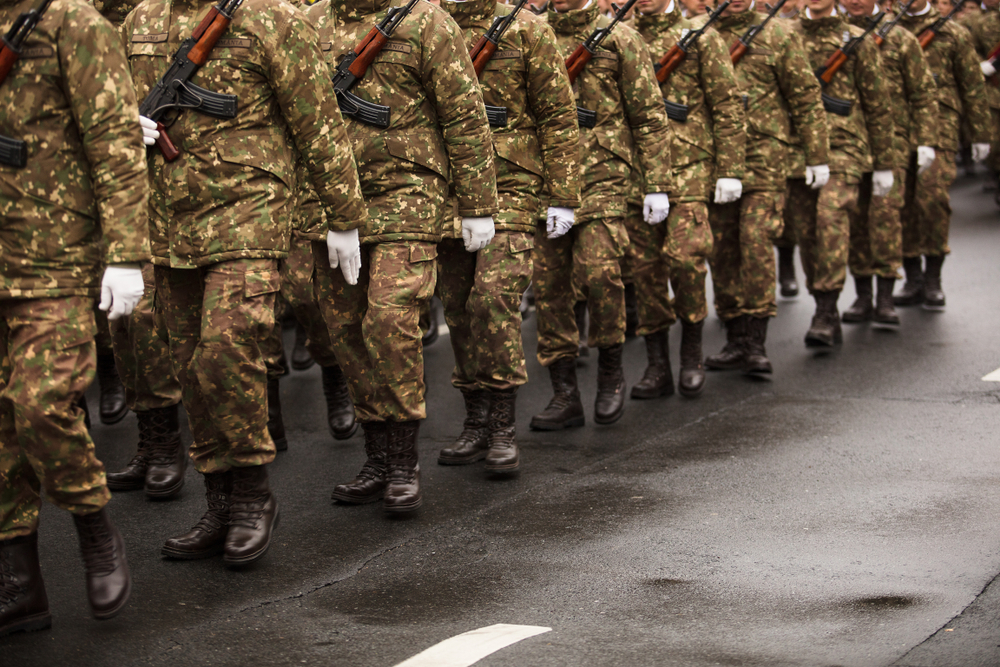One such letter warns recipients that officials will visit their residences.
Others are reading now
Poland has played a pivotal role in supporting Ukraine since the war began, offering refuge to millions fleeing the conflict and serving as a key logistical hub for aid and resources.
As the war continues, the challenges faced by Ukrainian refugees in Poland grow increasingly complex.
It ranges from integration to dealing with misinformation campaigns designed to exploit their vulnerability.
Also read
Fraudulent Draft Letters Target Ukrainians
Recently, Ukrainians living in Poland reported receiving fraudulent letters summoning them for military service in the Ukrainian Armed Forces.
These documents, falsely attributed to Poland’s Office for Foreigners, claim to mandate conscription under Ukrainian law.
One such letter warns recipients that officials will visit their residences between December 17 and 31, 2024, to escort them to mobilization points, according to rmf24.
It also threatens criminal liability, including extradition, for those avoiding the draft.
The letters have caused widespread confusion and concern among the Ukrainian diaspora, many of whom fled to Poland seeking safety from the war.
The Office for Foreigners has publicly condemned the letters, sharing a scanned copy of one on its website and social media platforms. The agency assured recipients that it had no role in creating or distributing the fraudulent notices.
“We categorically deny any connection to these letters,” the office stated, urging recipients to treat them as forgeries.
However, officials have not provided details on the extent of the issue or the possible motivations behind the campaign.
The purpose of the letters remains unknown. Authorities have not determined whether the scam is an attempt to intimidate, defraud, or manipulate Ukrainian refugees.
The perpetrators and their motives are still under investigation, leaving many unanswered questions.
This incident adds to the challenges faced by displaced Ukrainians, showing the risks of exploitation in a time of crisis.
It also reminds us of the need for vigilance against misinformation targeting vulnerable communities.
As investigations continue, Poland’s commitment to supporting Ukraine and its citizens remains strong, even as it confronts new and unexpected challenges in the process.

